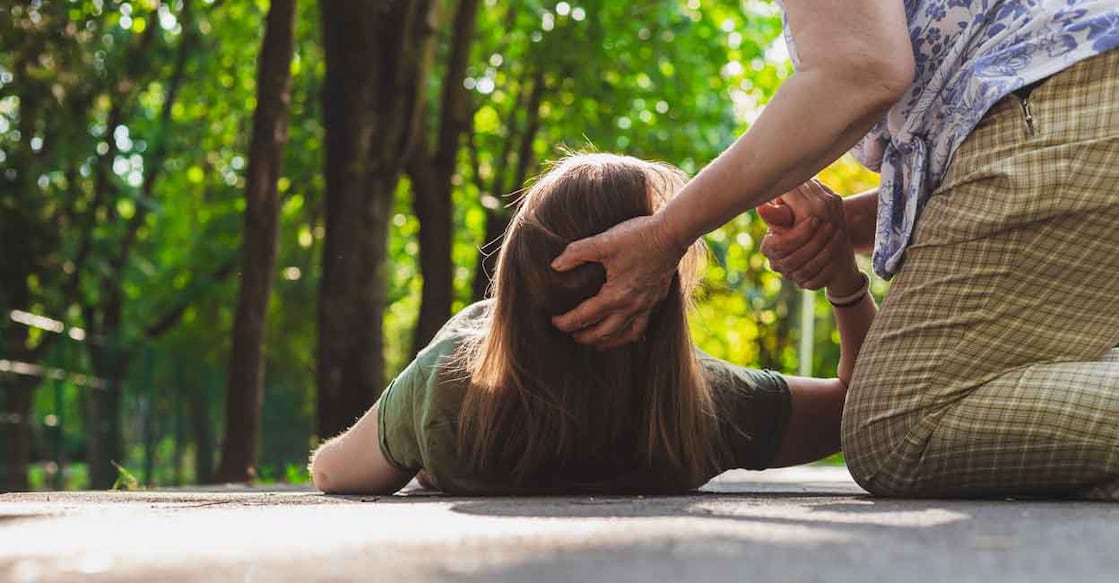How to respond to epileptic seizures in young kids

Mail This Article
Epilepsy is a neurological disorder that affects the brain, leading to seizures. It is more prevalent in children than in adults. Seizures can manifest as brief periods of unresponsiveness or involve loss of consciousness with convulsive body movements. Typically, the duration of most seizures is less than 2 minutes, and the child often returns to normal without the need for medical intervention. Experiencing seizures, especially during the first episode, can be traumatic for parents. The crucial aspect is to remain calm and avoid panicking during such occurrences.
Brief seizures typically do not cause harm to the brain, but the child may be at risk of sustaining injuries or experiencing breathing difficulties. Therefore, it is the responsibility of the parent or any eyewitness to protect the child during the seizure and prevent potential harm. Injuries that may occur include damage to the tongue, dental issues, head injuries, or even fractures.
As soon as you notice the onset of a seizure in the child, the objective should be to prevent injuries and ensure the child does not develop breathing difficulties.
What to do?
Gently try to get them into a position where they are safe. If they are standing or sitting, guide them to the floor and lay them on their side, preferably the left side.
» This helps prevent the clogging of the airway due to saliva
» Use a watch or clock to time the seizure and observe the child's behaviour and movements during that period. Most seizures last less than 2 minutes.
» Stay by the side of the patient until the seizure ends and they regain consciousness
» Do not attempt to stop or restrain abnormal movements, as doing so can lead to injuries such as fractures and dislocations
» Remove objects from the immediate surroundings that might pose a threat to the child
» Try talking to or calling the child to assess if they are responding and regaining consciousness
» Reassure and calm the child once they are fully awake
» For children experiencing seizures during sleep, it is advisable to use an edge protector for the bed to prevent falls
What not to do?
» Attempt to stop movements of the limbs or head
» Inserting fingers or objects into the mouth to prevent tongue bites and teeth clenching can cause injuries in the oral cavity and may result in loose teeth
» Do not place any metal objects, such as keys, in the hand, as there is no scientific evidence supporting this practice
» Attempting to open the mouth or providing water/liquids without the individual regaining consciousness can lead to water entering the airway, causing breathing difficulties
Besides administering first aid, parents often harbor concerns about whether they should take their child to the hospital after every seizure. Urgent medical attention is required in specific instances, and they are listed below.
When to get medical attention?
» If the duration of the seizure exceeds 5 minutes, it is considered status epilepticus, and the child should be promptly rushed to a nearby hospital
» If there is a risk of head or other injury
» If the child has breathing difficulty or bluish discolouration
Now, intranasal sprays and suppositories of medicine to stop seizures are available, which parents can use to halt seizures.
(Dr. Arun Grace Roy is Senior Consultant, Department of Neurology and Paediatric Neurology, Apollo Adlux Hospital, Angamaly)

